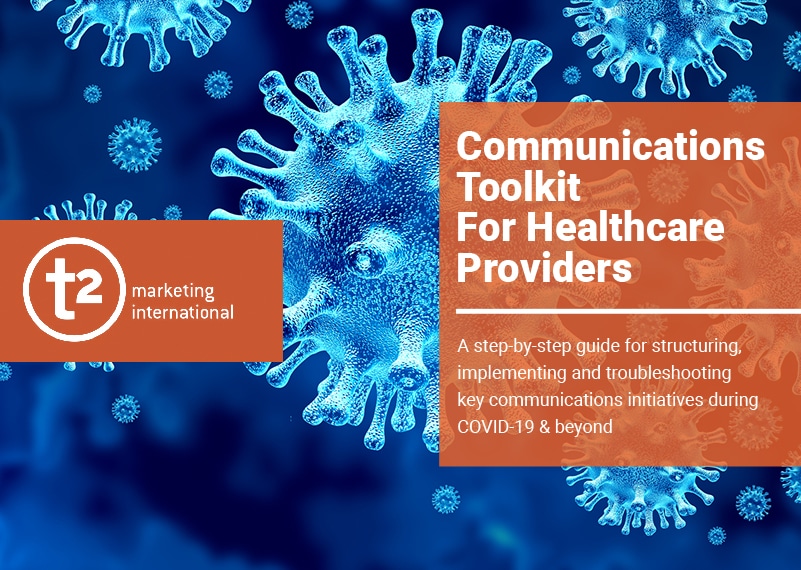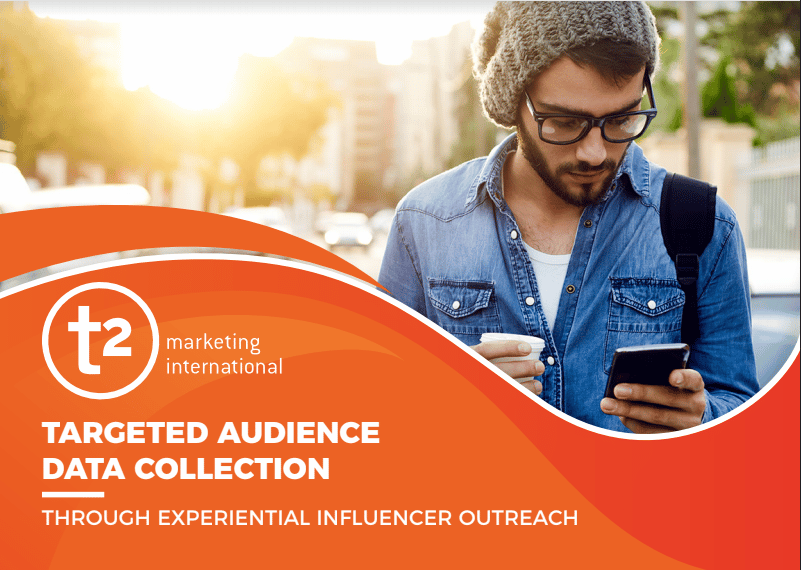Handle Negative Feedback on Social Media Like a Pro
Seeing a negative comment about your brand on a social network can be a horrifying sight, but these tips will help you manage negative feedback on social media the right way.
 Before you can understand how to deal with negative feedback on social media, it is first important to understand what kinds of negative feedback exist. From there, you can apply some of these tips when the situation comes up (don’t worry, it happens to the best of us) and come out looking like a pro.
Before you can understand how to deal with negative feedback on social media, it is first important to understand what kinds of negative feedback exist. From there, you can apply some of these tips when the situation comes up (don’t worry, it happens to the best of us) and come out looking like a pro.
Types of Negative Feedback
There are essentially three types of negative feedback that can come up on social media: product issues (malfunctions), service issues (complaints) and brand issues (PR and brand crises).
When customers have an issue with your product, they may try to reach out to you through social media channels. The same goes for customer service when it comes to complaints. We recently posted an article about Social Care (customer service on social media) in which we noted that one-third of active social media users prefer Social Care to conventional customer services options (e.g. phone). That also means that a third of social media users may prefer to vent to your brand on social networks rather than on a private phone call.
The third type of negative feedback on social media has to do with a crisis. This relates closely to brand and reputation management on social media.
So what are a few tactics you can use when it comes to dealing with these types of issues on social media?
Tip #1: DO NOT Stay Silent
Burying your head in the sand may make it seem like there is no issue and everything is just fine, but the reality is that with every passing moment that you say nothing, the issue gets worse. Even if you simply post a generic “We are working hard to resolve this issue. Thank you for your patience and we apologize for any inconvenience.”, this is still better than nothing at all.
That said, direct engagement with individuals is better than a mass message. It shows people you care and lets them know that their business matters to you. Just because it is your average customer posting on Twitter does not mean they should be ignored. They speak for the masses, and silence looks more like you don’t care than anything else.
Tip #2: Act Fast
Social media moves at the speed of light. Some experts estimate that the lifespan of a tweet is a mere 15 minutes, and that of a Facebook post is just a few hours at best. So if you wait hours or days to respond to people, you will be jumping into a conversation that has no participants.
Social media is happening in real time, and if people are talking and you are not talking back, they will not care what you have to say in a week. You weren’t there when it mattered and they made up their minds.
Tip #3: Plan Ahead
What are you going to do if it all goes down without a moment’s notice? Do you have a plan in place? How will you respond to irate customers on social media? Planning for issues and negative feedback on social media is very different from other types of crises. As noted, this is a real-time, very public conversation, so it is in your best interest to have a plan in place in case it all unfolds.
Tip #4: Pick Your Battles
While it is important to be engaging with individuals across different networks, you need to know what comments you should be engaging with and which ones you should let go. At the end of the day, there are some battles you just are not going to win, and engaging in those – for example, someone lambasting your brand on some unfounded grounds – can lead to nothing but a long, drawn out argument that makes you look bad and gets you and your clients nowhere.
 Tip #5: See It As An Opportunity
Tip #5: See It As An Opportunity
There is nothing more valuable in business than brand advocates. What are those? These are customers that are so enamoured with your product, service or the way you treat them that they go out of their way to promote your brand and advocate your business without any incentive other than the fact that they like working with you.
If there is one opportunity that a crisis or negative feedback on social media presents it is the chance to turn a disgruntled customer into a brand advocate and have a whole group of other users see it happen. People like personal attention. Engaging with them during a crisis and helping them through the process with a personal touch can very easily make them go from an angry client to a strong ally.
Whether it is an industry influencer or one of the little guys, everyone can and should be treated like the most important client you have – it is hands down the best way to turn them (and everyone watching the conversation) into a brand advocate.
Can you think of other tips that can help when dealing with negative feedback on social media? Tell us in the comments below or on Twitter!





Corey, this is great! I would love to hear your thoughts on handling unfounded complaints. In this case, the issue cannot be resolved because the company is correct and the customer is wrong and the process can not be changed to make the customer correct. After hearing the customer out and unsuccessfully attempting other ways to make the customer feel valued, how do you stop the client’s rants against the company? Is there any recourse a company SHOULD take, nicely of course, to respond or should they simply ignore?
Hi Serena,
This is a great question. And it pertains to one of the tips mentioned above. Namely, “Tip #4: Pick Your Battles”.
You will never want to completely ignore a client; particularly if a post is negative or a complaint. If, after initially trying to resolve the issue the client does not relent and continues posting negative feedback, then you have to evaluate how you wish to proceed. Naturally, there are instances where a client will discredit him or herself based on the content being posted. I’m sure you have seen instances where people are posting negative content with a clearly personal undertone – that is given little weight in many forums and review sites due to the fact that it is seen as a personal attack, and not a genuine review or comment. With something like that, there is not a terrible risk with not addressing it after a certain point. After all, it will cost you more to chase down posts like this than letting them disappear naturally, over time.
If, however, you are facing a serious set of groundless complaints that can risk damaging your online reputation significantly, you will almost certainly want to engage in some form of online and social reputation management, if engaging directly with the client does not lead to a resolution. There are quite a few ways to go about doing this. If you wish to discuss social reputation management further, I would be happy to set up a time to talk with you.
Feel free to email me at corey@t2marketinginternational.com if you wish to speak.
Hope this helps,
Corey
Hi Corey & thanks for sharing such valuable information.
Corey, found some very interesting and valuable advice in this article. Thanks so much. Hopefully i won’t need to put it into practice but will use this if i ever have too. Thanks Alan
It is known that social media can really hurt some companies, but how much deserves it. This beautiful that nowadays everyone can fight in the area of unfair trader. I start to watch and see that it is necessary. Big companies sometimes start to create a dictatorship that cross ethics and sometimes customers right.
Small error is harmful, but large errors will cost more than a emergency PR
I write books and most of my reviews are really ugly for only one book. They claim that I can’t spell or write. I have decided to not listen to these comments and keep on writing, because it’s something that I enjoy very much. I think that if you listen to negative comments then you won’t be able to succeed in life. Thanks for this post. It brings to life all the possibilities out in the world besides negative posts.
Corey, Thanks for addressing this issue. Most people have one of two reactions when being shamed (especially in public): run for the hills or fight back. Neither of these work well. Keeping calm is my first recommendation.
We’ve only had one client who had this situation and she was off the wall. Only when in a calm state of mind, can you identify how to respond with a clear strategy.
People know there are some customers who can never be satisfied. If you respond with a good customer service mentality e.g., how can we make it up to you? your business will appear in a positive light.
We always recommend taking the high road (not too much traffic there.) Nancy